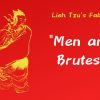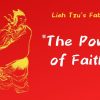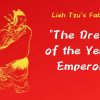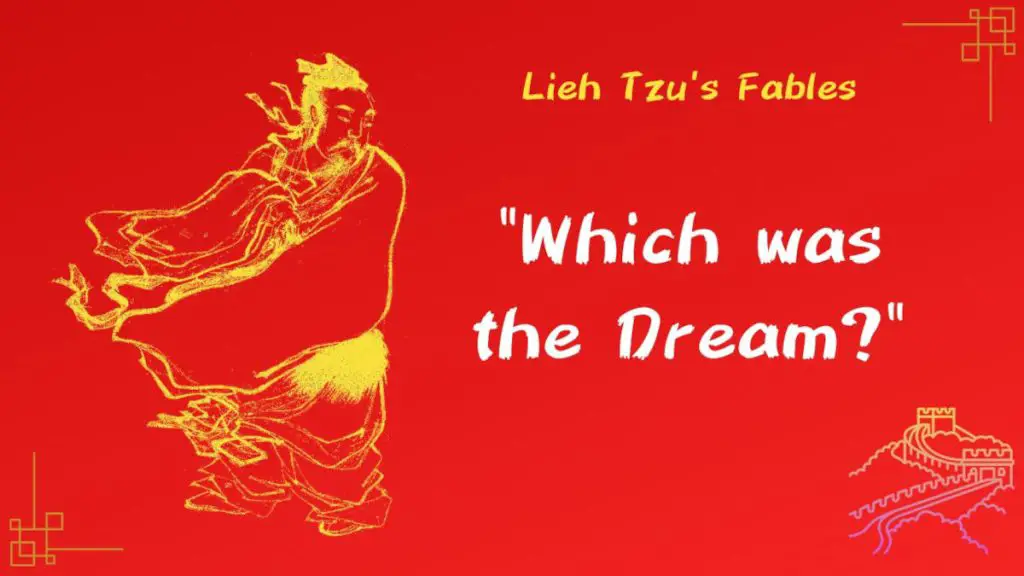
A woodcutter’s normal day goes off the rails when he sees a deer in the fields in the State of Chêng. What comes next is a story intertwined with whimsy and uncertainty, a tale of dreams and reality. At the same time that the woodcutter is struggling with a dreamed deer that escapes his grasp, an unexpected court scene takes place, leaving us to think about the thin line between what we imagine and what we actually experience.
“Which was the Dream” is a fascinating tale that comes out of Frederic Henry Balfour’s “Leaves From My Chinese Scrapbook.” There’s a link at the end of this article. Let us begin!
The Fable of “Which Was the Dream?”
A man from the State of Chêng was gathering firewood in the fields when he saw a frightened deer. He threw himself in its path, struck, and killed it there, and then, hurried to hide the corpse in a dry ditch, covering it with branches and leaves out of concern that it would be discovered.
Once this was done, he was very happy. But he quickly forgot where he had buried it, and convinced himself that the whole thing had been a dream. So, he took the way back to his home, humming the incident to himself.
Unfortunately, a bystander happened to overhear him. Using the woodcutter’s words as a guide, the man went to look for the deer and took it. He then returned home and told his wife.
“A woodman,” he explained, “once dreamt he got a deer, but could not remember the place where he had put it; but now I have actually found it myself, so that his dream must have been a true one.”
“I expect you dreamed about the woodman getting the deer,” his wife said; “how can there be any woodman in the case? You got the deer, thus you had a real dream.”
“If I have the deer, it doesn’t matter which of us has been dreaming,” her husband replied.
Meanwhile, the woodcutter returned home, disappointed about the loss of his deer, and that night he had a vivid dream of the location where he had hidden the body of the animal and the person who had taken it. As the sun rose, he arose with it and hurried to find him, following his dream.
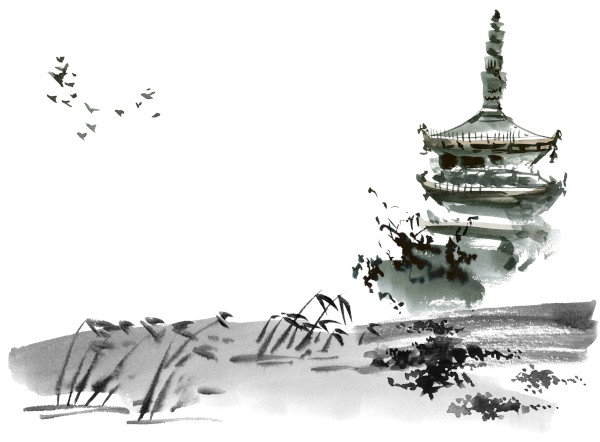
Eventually, the case was brought to court and discussed before a judge, who made the following decision: “In the first instance, the plaintiff actually got a deer and then mistakenly claimed that it was all a dream. He really did dream about the man who later took it, and he then said, naively, that his dream was real. The defendant took the deer and is now disputing its ownership with the plaintiff. Again, the defendant’s wife claims that her husband simply dreamed of the man and the deer, therefore neither of them got it. However, there is a deer in front of us, so I decided that it should be split evenly between the two sides.”
When the Prince of Chêng learned of the incident, he said “The judge must have dreamed the entire case himself!” He then contacted his Prime Minister, who admitted to being unable to tell the difference between the dream and the actual events.
“There have been only the Yellow Emperor and Confucius,” he explained, “who were able to distinguish dreams from the waking state; and, as both of them are dead, nobody can discover the truth of the matter. All your Majesty can do is uphold the decision of the judge.”
Do you enjoy Chinese fables? Click here for more – Opens in new tab.
End Words
The line separating dreams from reality becomes as blurry as the deer itself in this weird fable from the State of Chêng. The woodcutter’s journey from happiness to sadness, the bystander’s smart interpretation, and the drama in the courtroom all paint a clear picture of how people tend to mix up what they think and what they actually see. The judge’s decision to split the deer makes us wonder about the intricate relationship between dreams and reality.
What is the moral of the story? Perhaps it’s a warning that reality is frequently weirder than dreams, and distinguishing between the two needs knowledge beyond the reach of many, including those in positions of authority.
Related reading: Finding Personal Growth Lessons In Ancient Chinese Tales – Opens in new tab
You can click and download Henry Balfour’s book “Leaves From My Chinese Scrapbook” (1887) or visit our free Chinese culture library to find it among many more books.
Stay in Touch
 Join our newsletter by using the forms on this website or click here!
Join our newsletter by using the forms on this website or click here! Follow us on Google News
Follow us on Google News Follow us on Facebook
Follow us on Facebook

